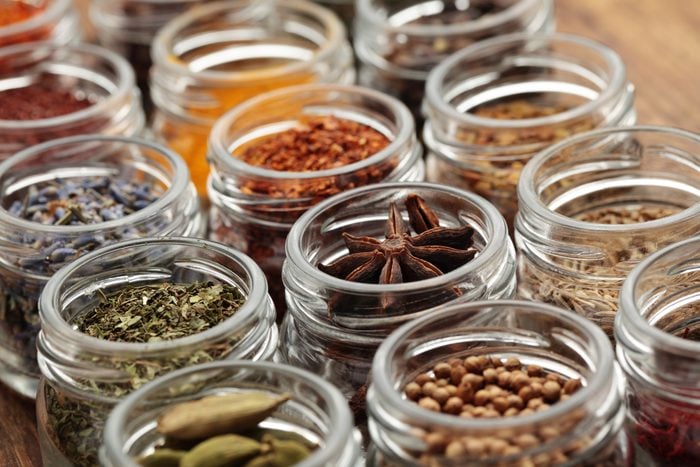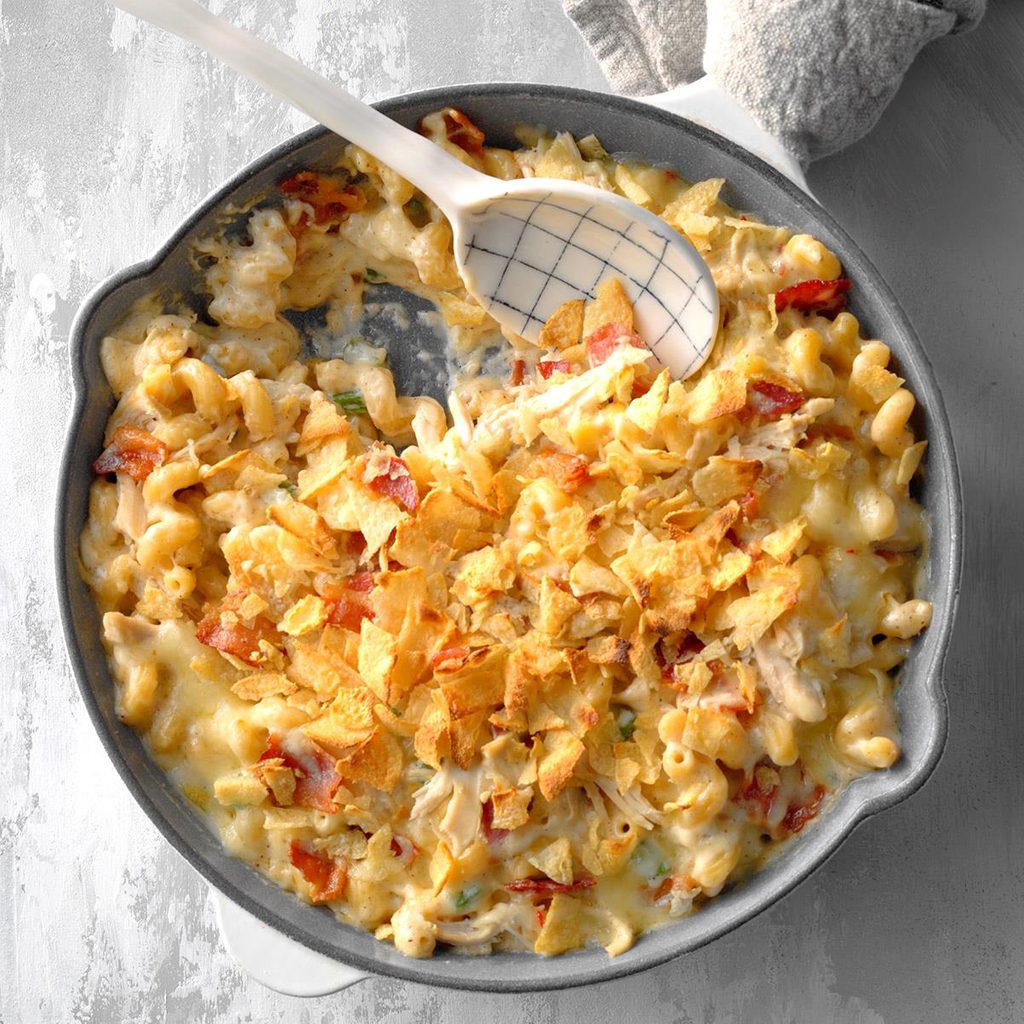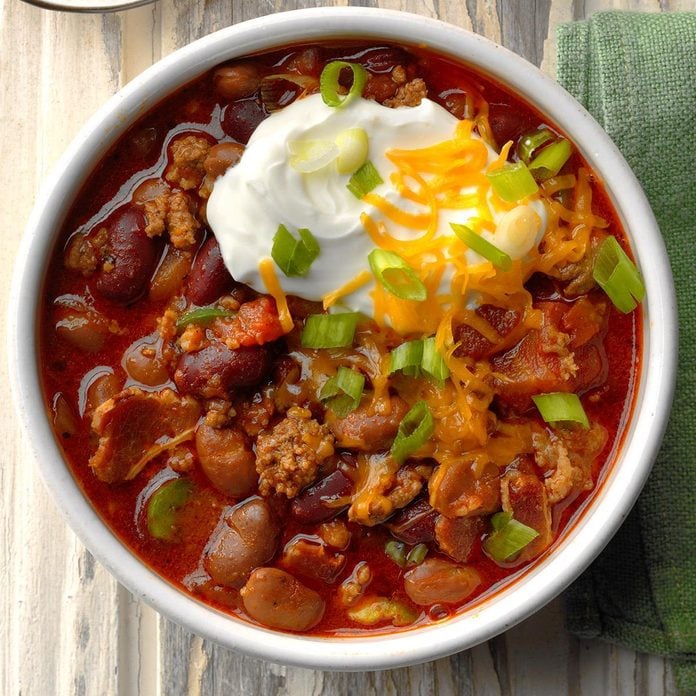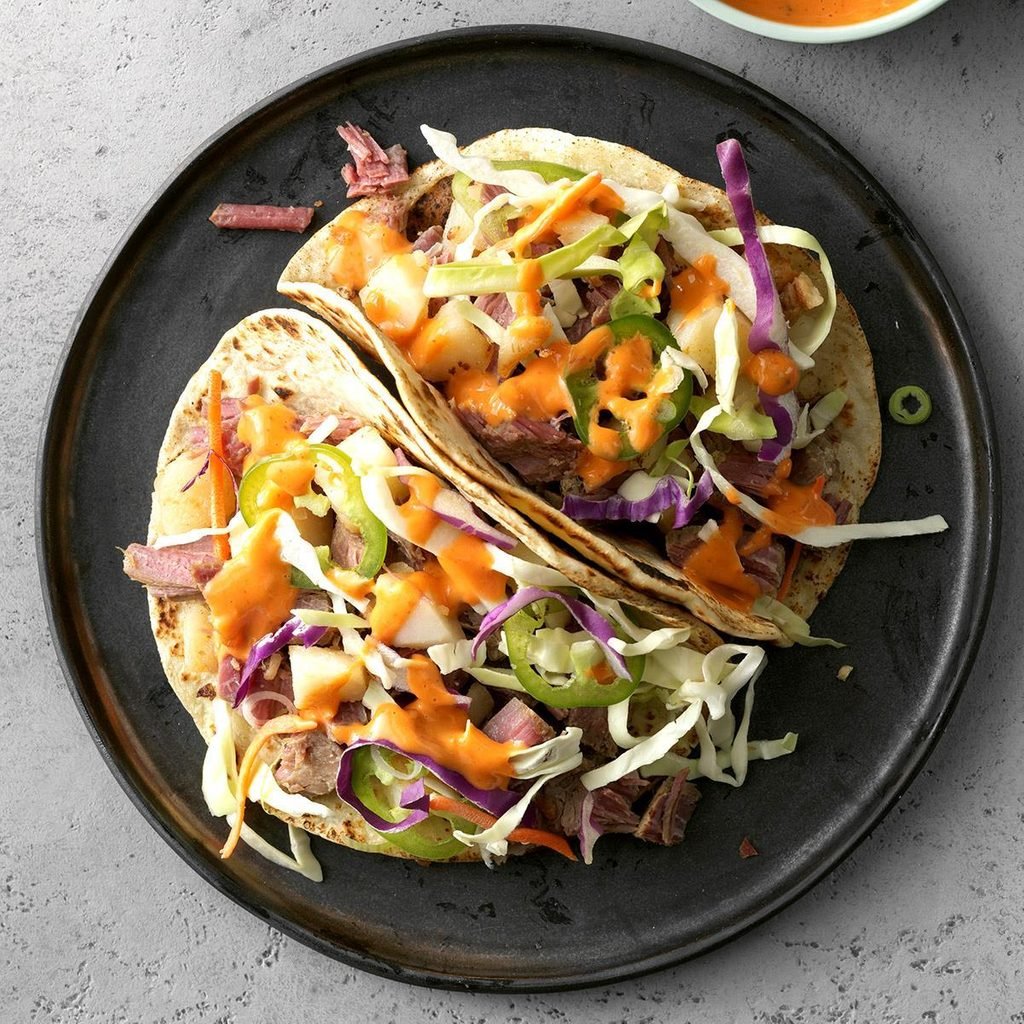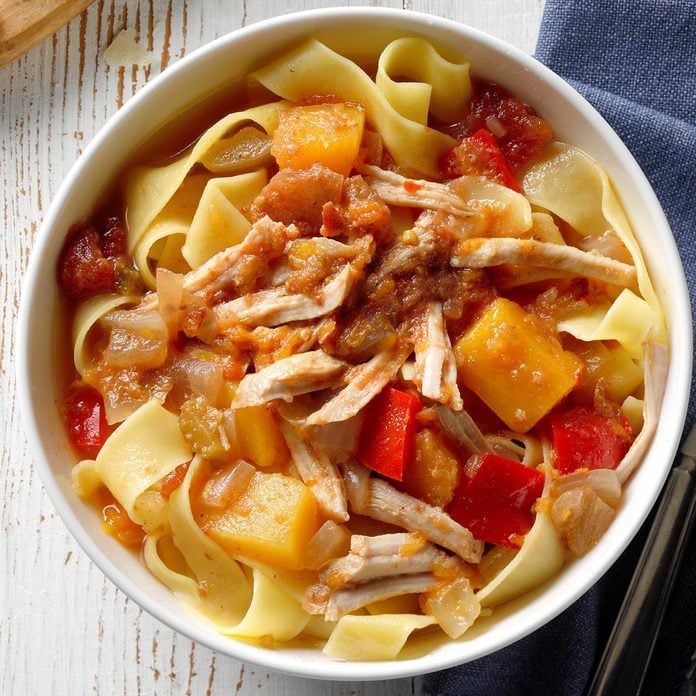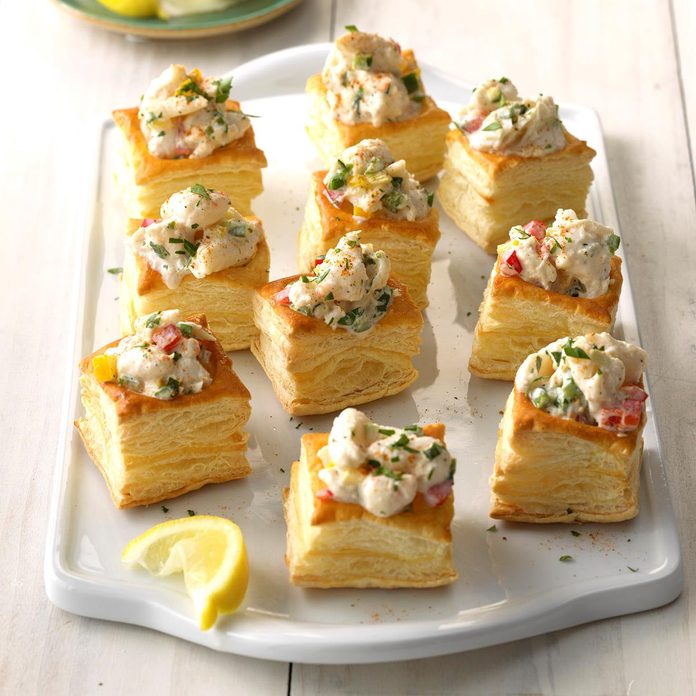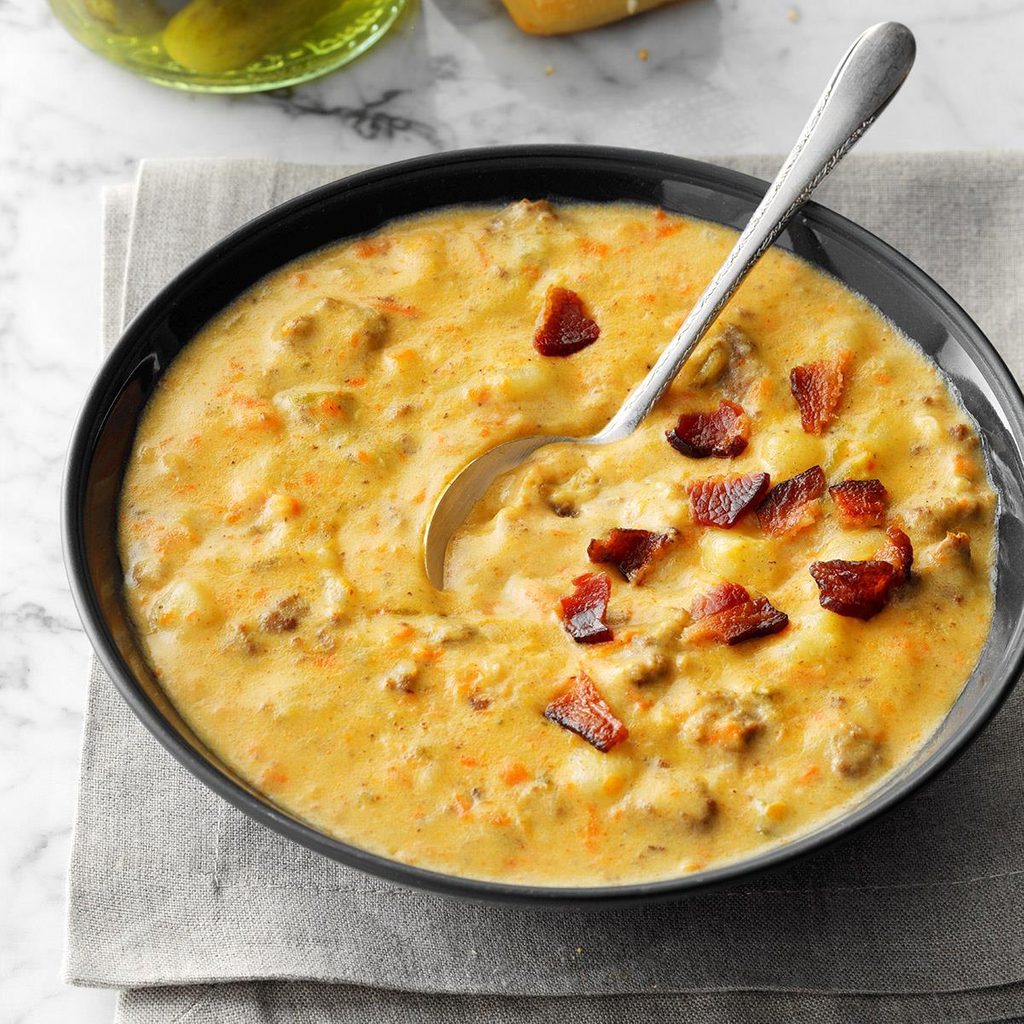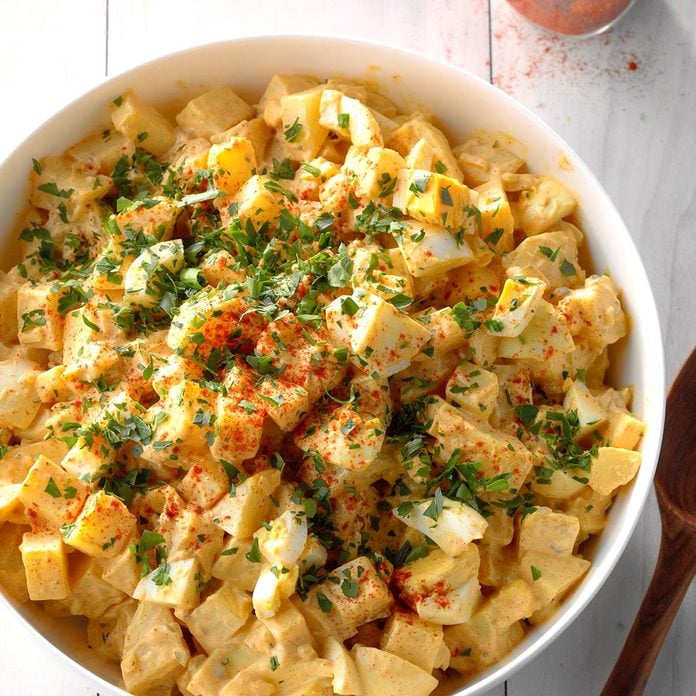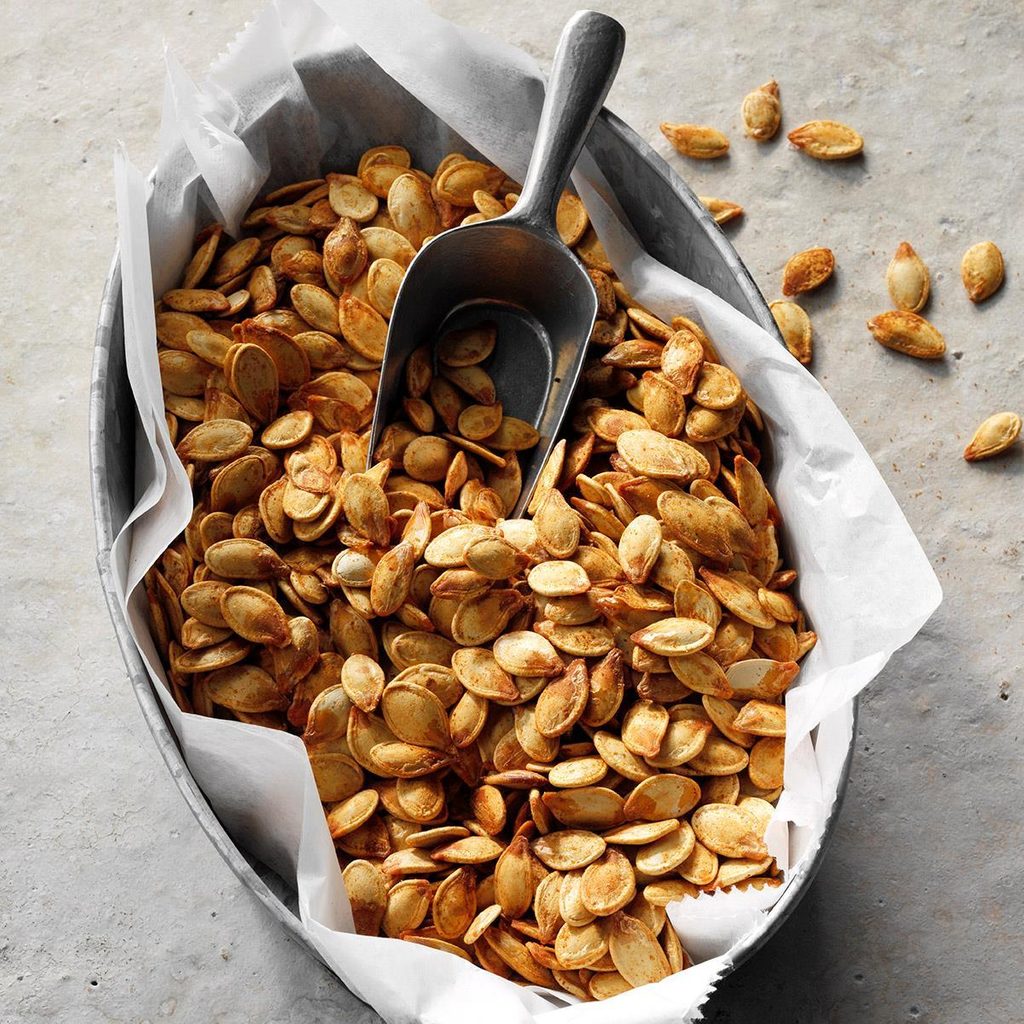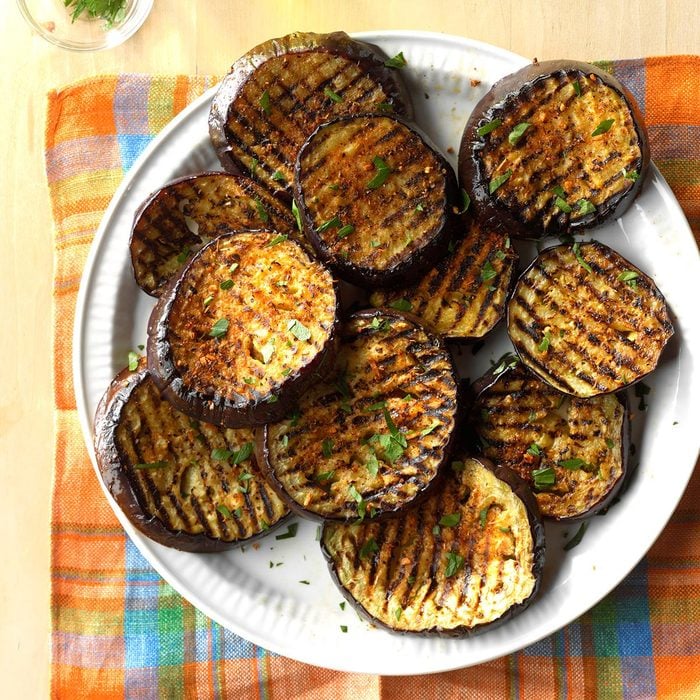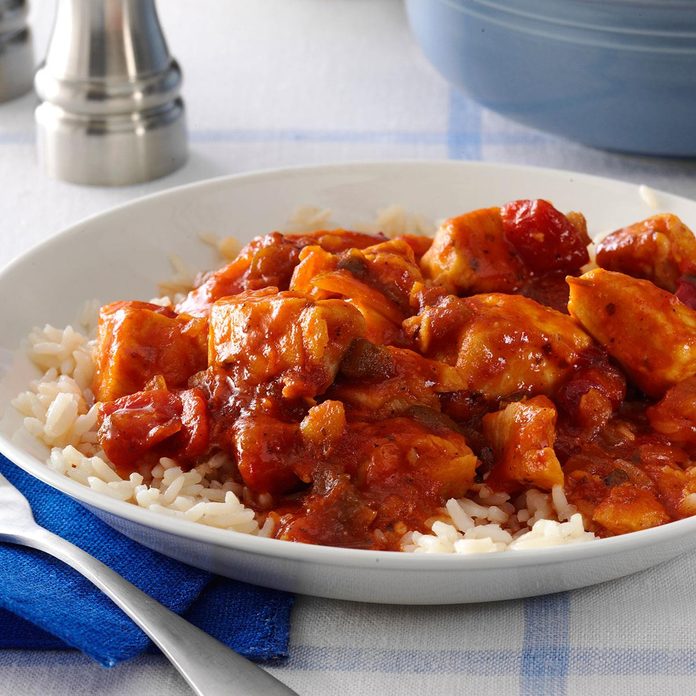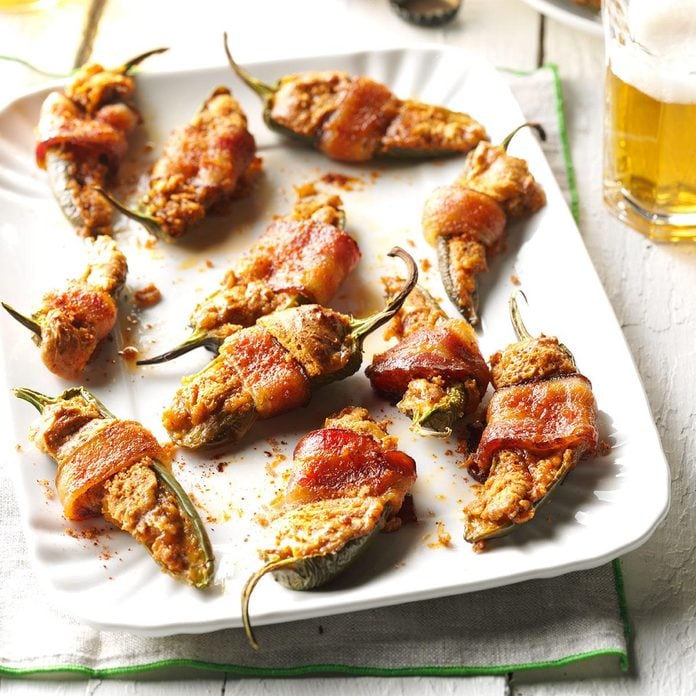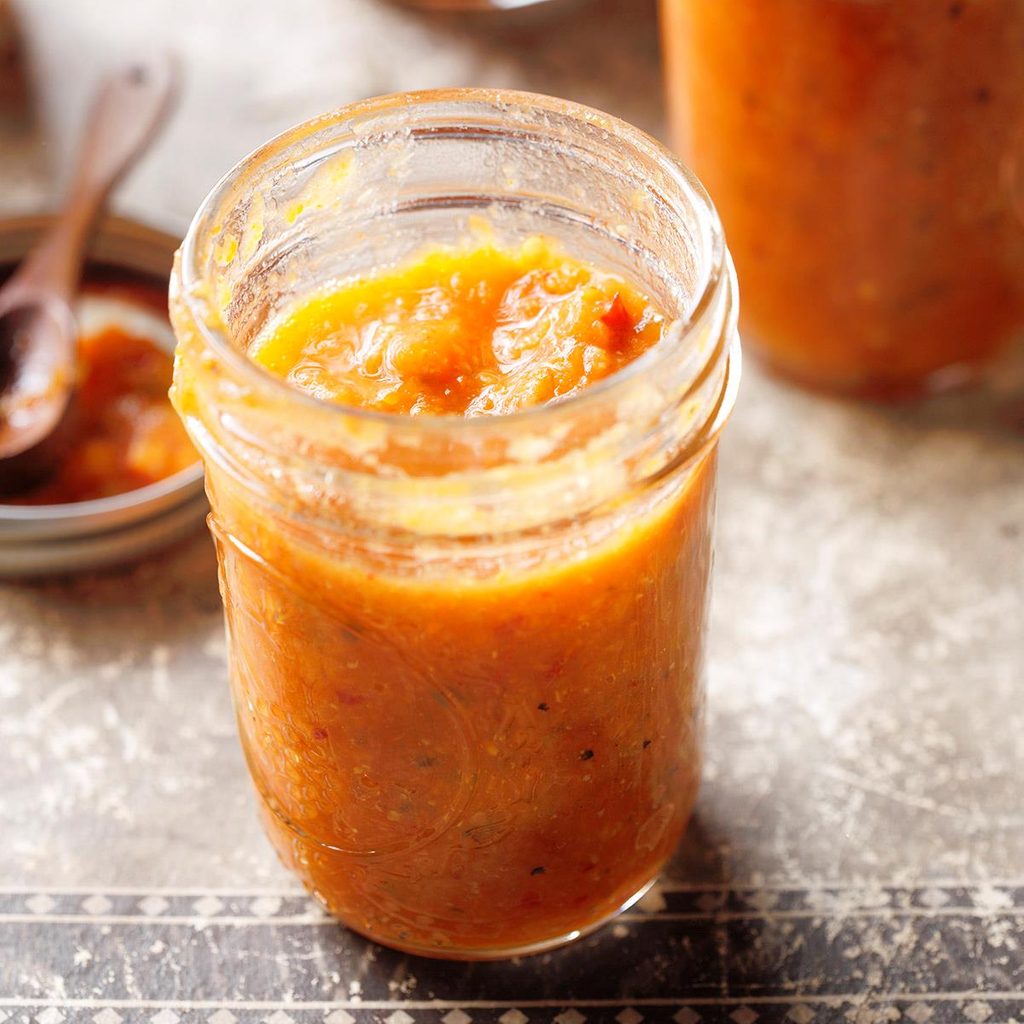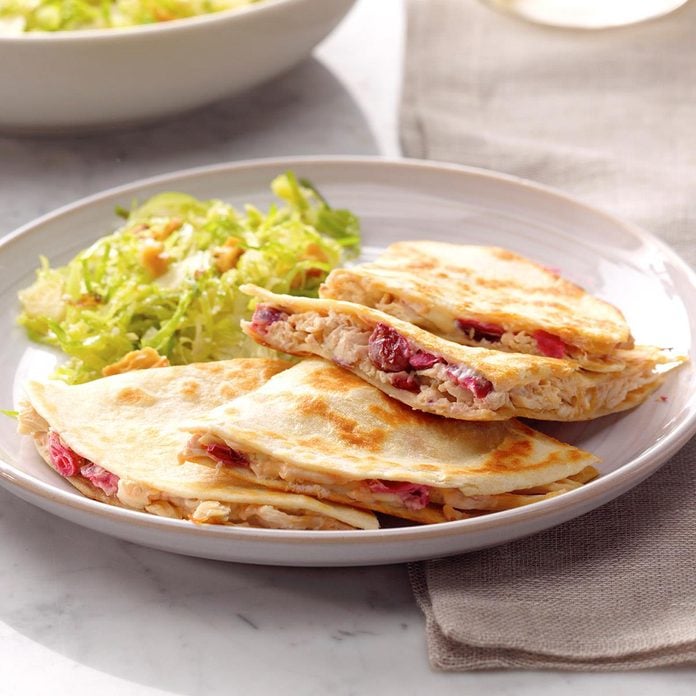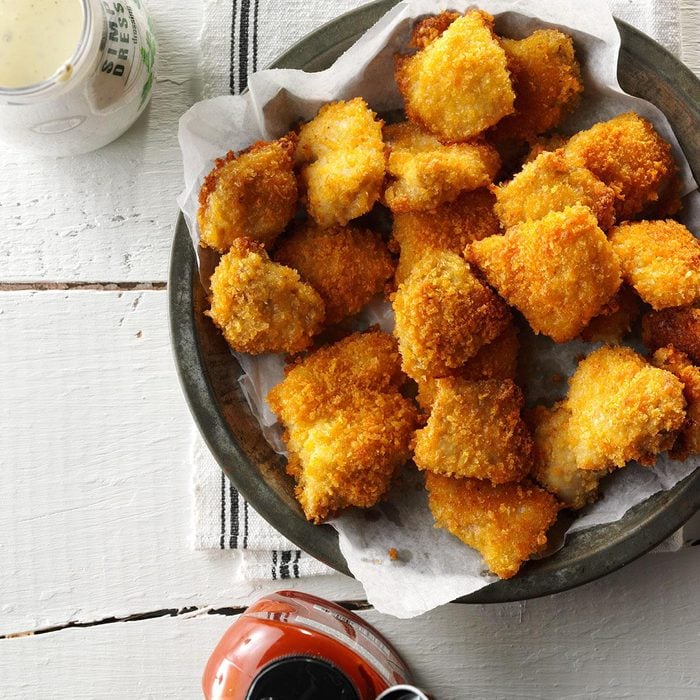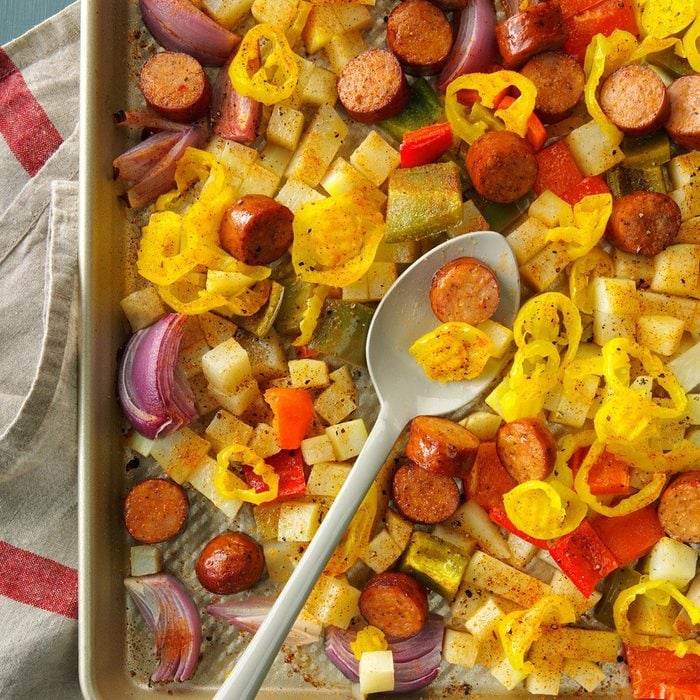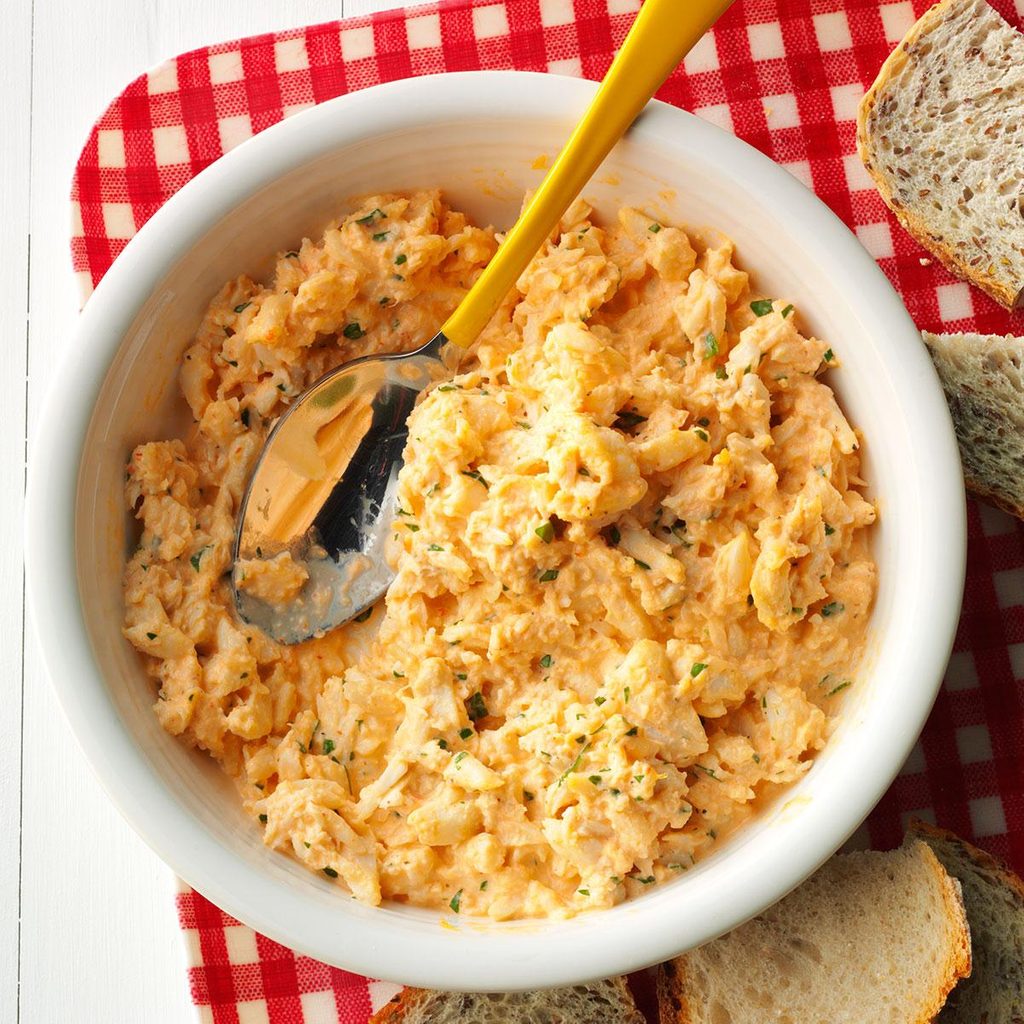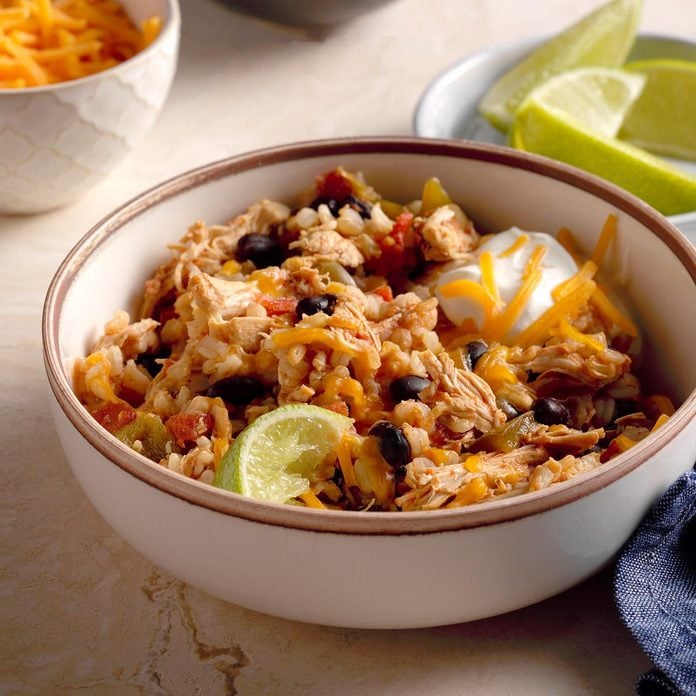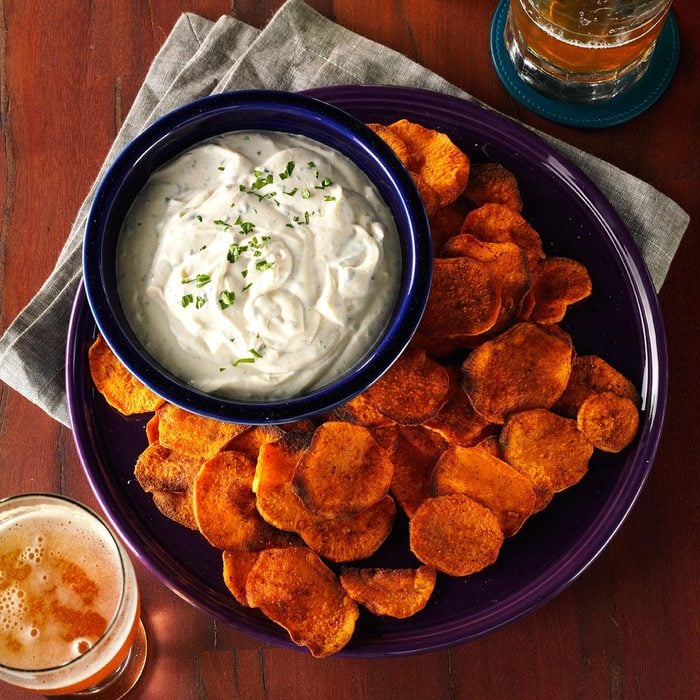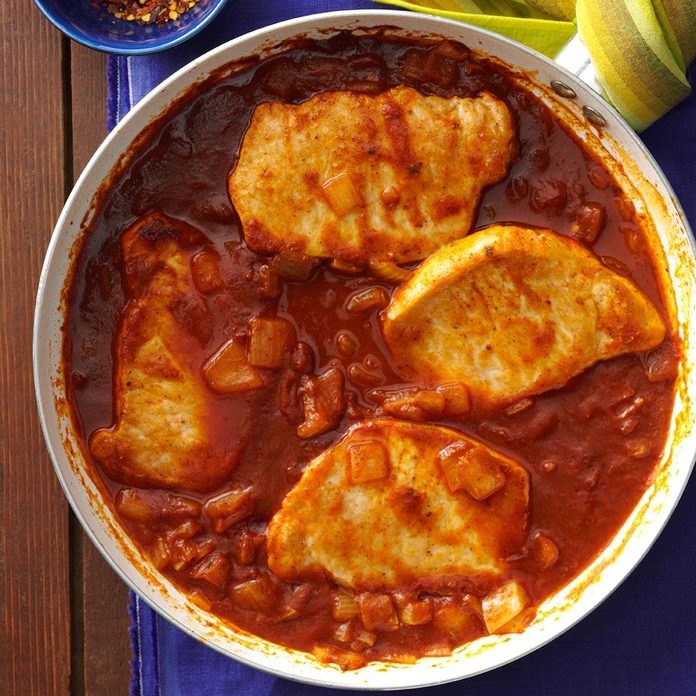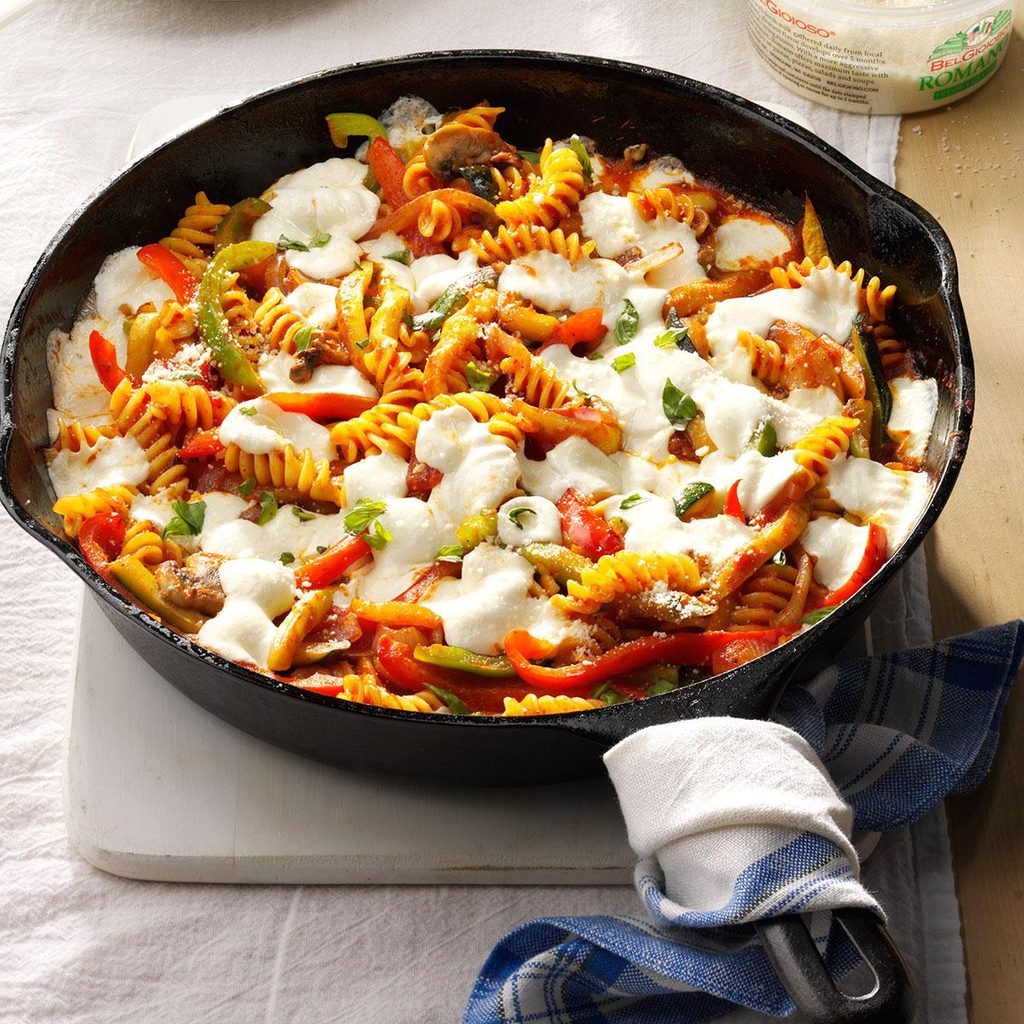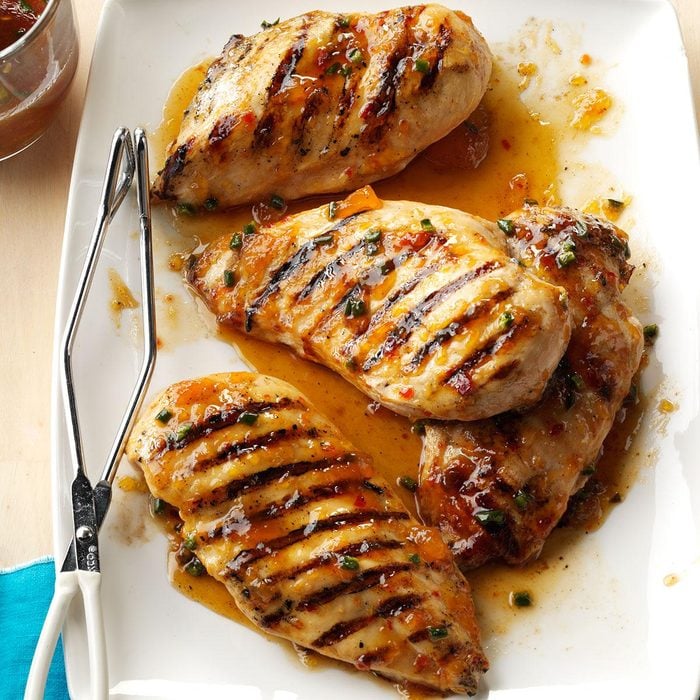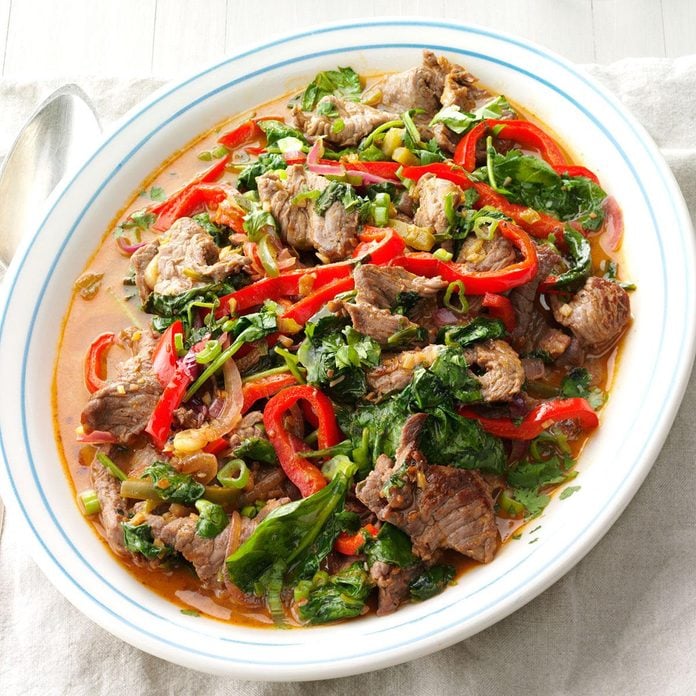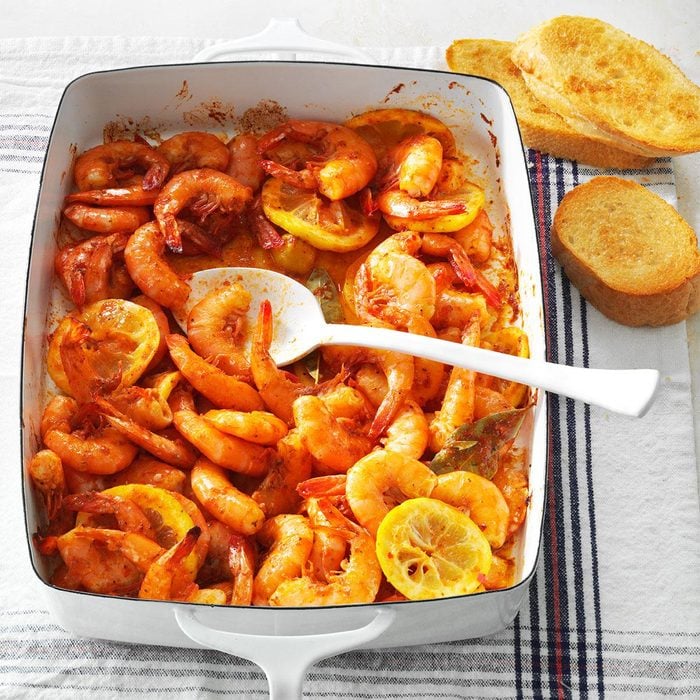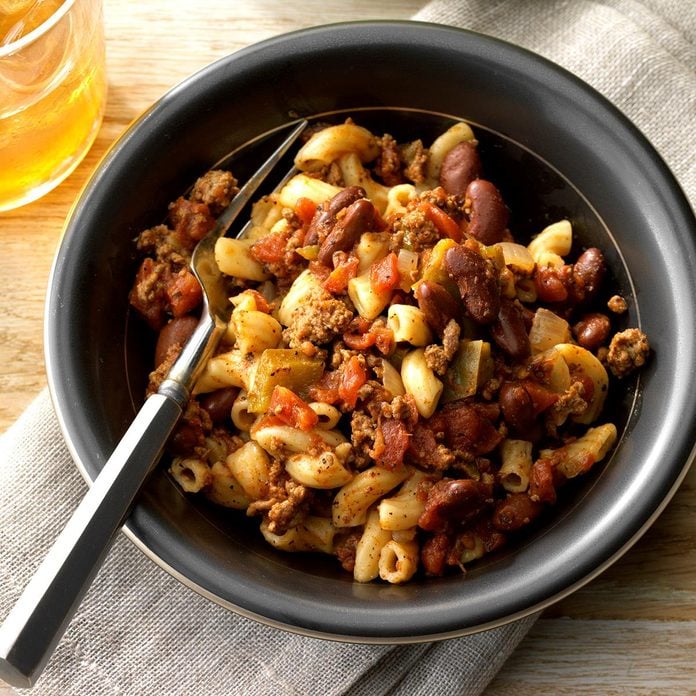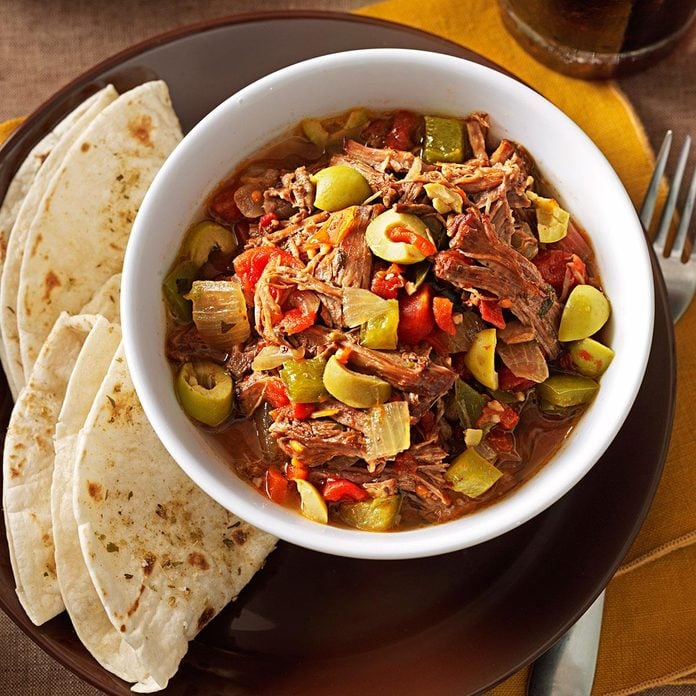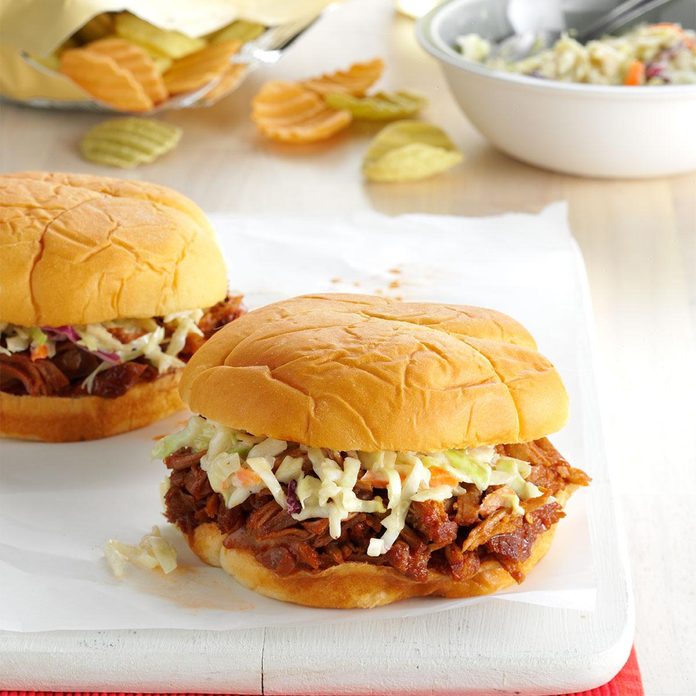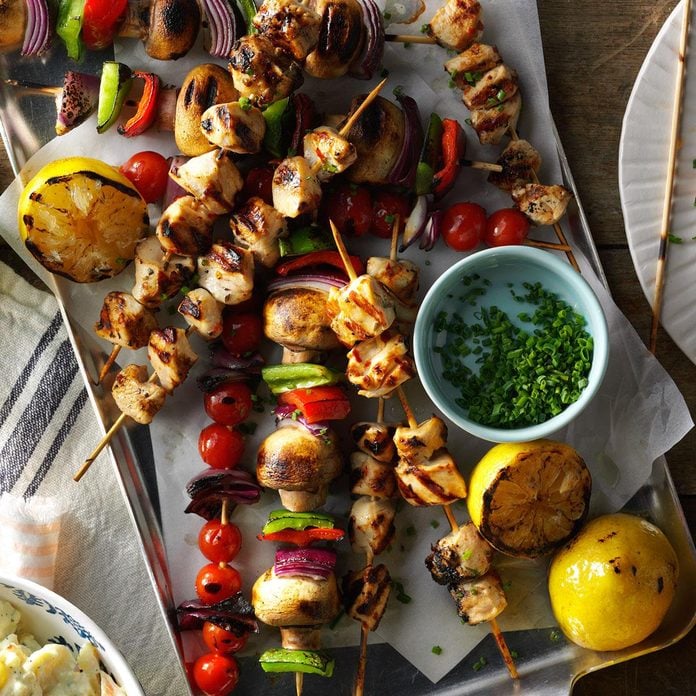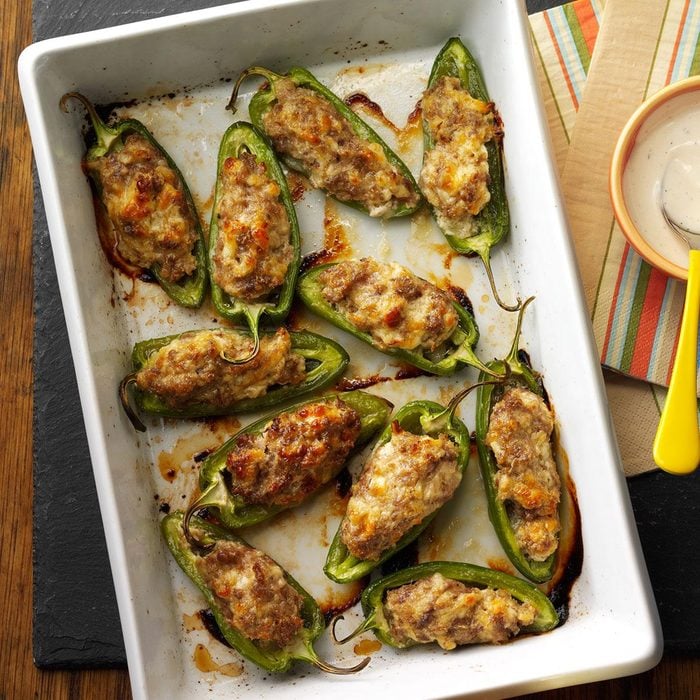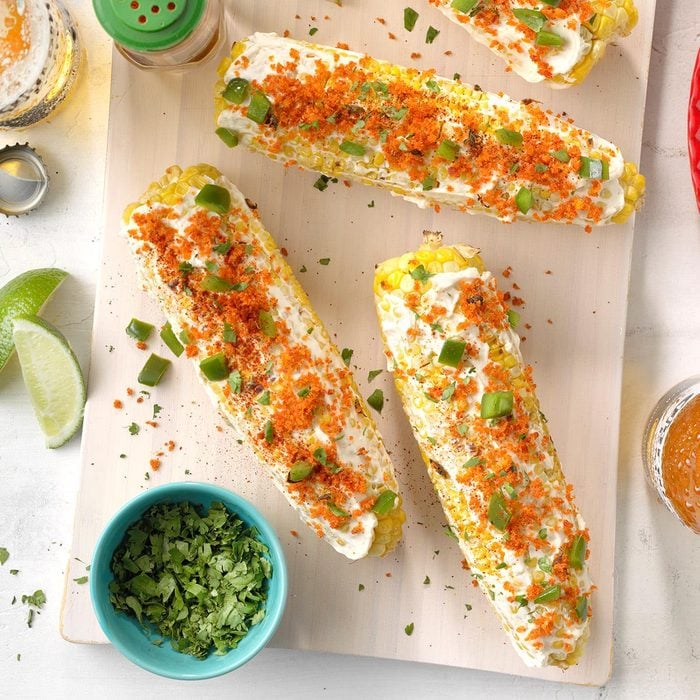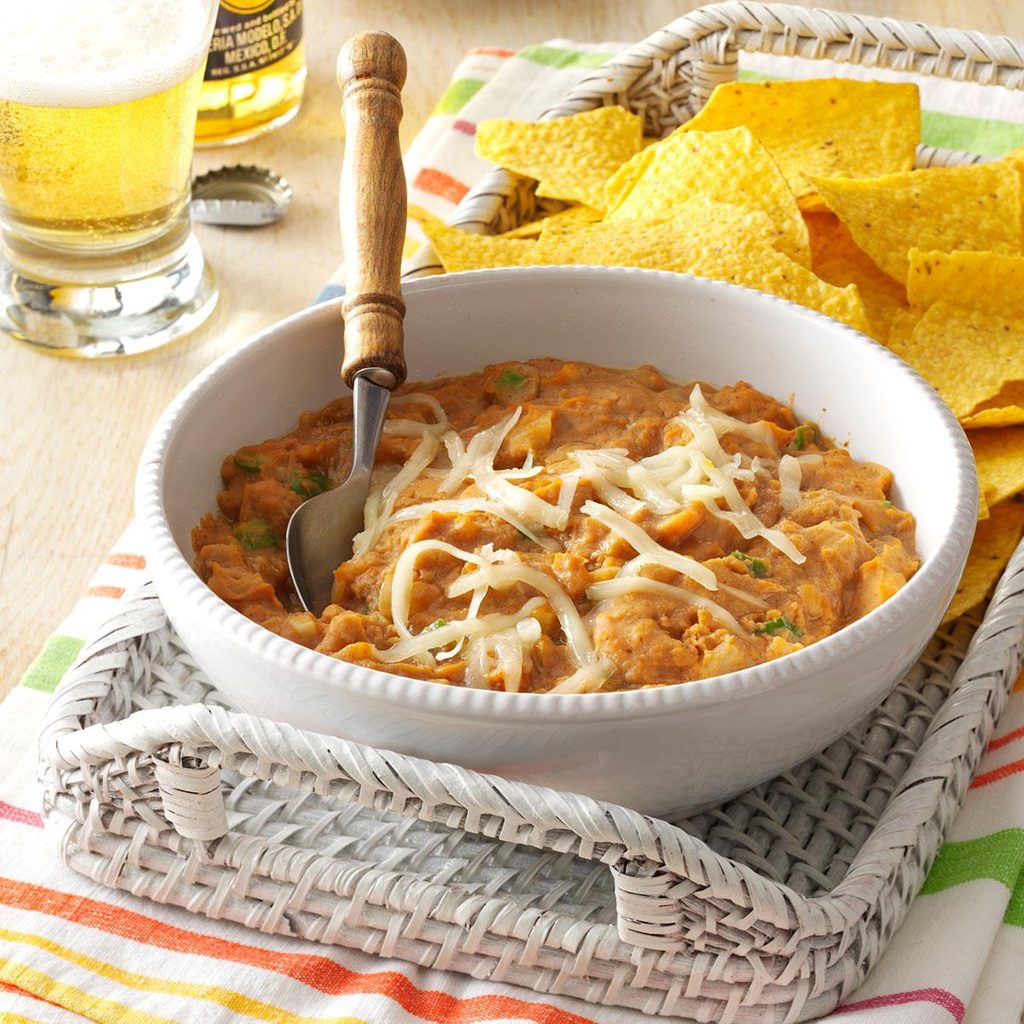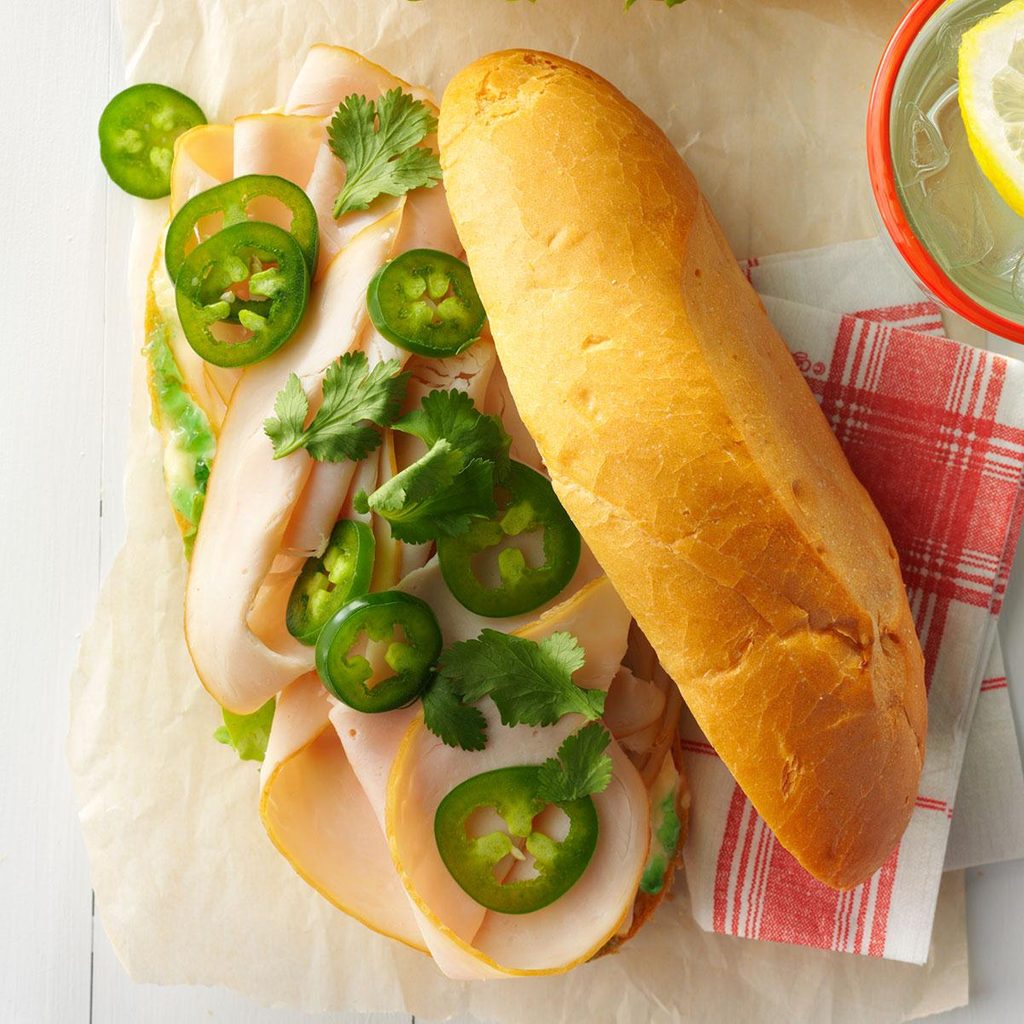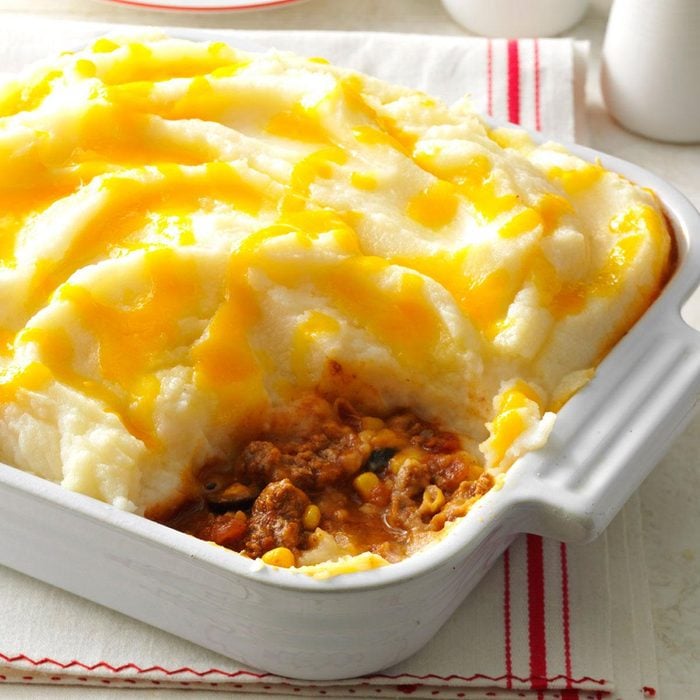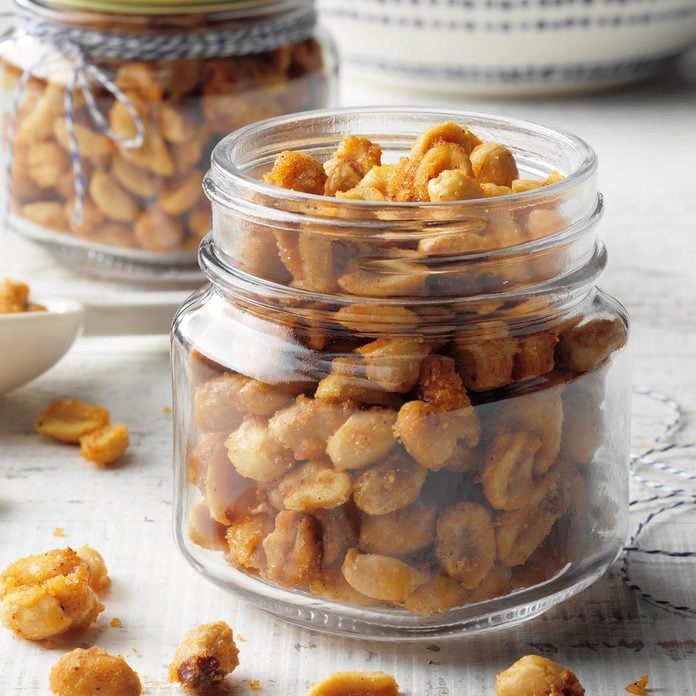Stocking a spice rack can be expensive. If you’re starting from scratch, expect to spend $50 or more on essential spices alone. And when it comes to filling your cupboard with specialty blends, you could easily spend a small fortune.
Herbs and spices are mainly used to impact the flavor of your food, but what are they, exactly? Both dried, herbs are plant leaves that have an aromatic quality, while spices are other parts of the plant, such as berries and roots.
Believe it or not, herbs and spices do expire. Whole spices generally stay fresh for four years while ground spices can become less potent within a year or two after purchase. Leafy herbs, like bay leaves, last only about a year before their flavor is compromised.
Here’s how to get the most from your herbs and spices and save extra cash, too.
Freeze Herbs and Spices
By freezing herbs and spices, you’re locking in the fresh flavor—just as you would with meal leftovers, vegetables or fruits picked at their peak, or coffee beans—and prolonging their use.
Learn how to freeze herbs and enjoy fresh-picked flavor all year long.
Buy Frequently Used Herbs and Spices in Bulk
Buying in bulk is one of our favorite budget grocery shopping tips. Natural-foods retailers such as Whole Foods sell spices, nuts and other ingredients in bulk quantities. Just measure what you need, label it and take it to the checkout. This way you get to take advantage of those budget-friendly bulk prices. If your grocery or spice source doesn’t sell in bulk this way, opt for buying larger jars—the cost per ounce is typically less with greater quantities.
Purchase Some Spices a Pinch at a Time
Sure, this contradicts the tip above, but for spices you know you won’t use more than two or three times a year (or those you want to try for fun before committing), buy the smallest amount possible even if the bigger jar is cheaper per ounce. You’ll end up wasting less. Plus, when it comes to expensive spices like saffron, you may only want to shell out for a pinch at a time, anyway.
Visit International Grocery Stores
Like to make Thai curry or tinker with Indian recipes that incorporate vibrant spices? If you’re lucky enough to live in an area with Indian, Chinese, Thai, Vietnamese and Latin grocery stores, give those a try when shopping for herbs and spices. Stores like these often sell less common spices for less. You might not be familiar with the brand, but definitely trust the source as this store is tapped into the cultural origins of the recipe you’re trying to make.
Make Your Own Spice Blend
Sometimes making a spice blend is a smart choice. (Taco seasoning, anyone?) Odds are you’ll use all those components—chili, garlic, cayenne and more—on a regular basis for all sorts of recipes. Using herbs and spices you already have on hand will save you those extra bucks you would’ve spent on a prepared mix.
Purchase Spice Blends When It Makes Sense
Other times you’ll find that buying a blend is the more economical option. Consider five-spice powder. Of course you can go out and buy fennel seeds, Sichuan pepper and its other components, but odds are you won’t use them up by their expiration date. Instead, buy a blend (we love the one from Spice House) and get going on this amazing Chinese chard with almonds side dish.
Grow Your Own Herbs
Don’t forget, you can always grow some of your very own herbs (and some spices) right at home. A packet of seeds costs only a few dollars, and that investment can yield you tons of fresh—and later dried—herbs. Start with these herbs for beginners if you plan on going this route. Then check out the top-rated food dehydrators so you’re ready at harvest time.
Buy Whole Spices
Not only do whole spices last longer than pre-ground spices, but if you buy them in bulk, you could be set on inventory for a few years! Having the right equipment—like a grinder and grater—is useful when you’re ready to grind some cinnamon and nutmeg for your favorite bread pudding.
Look Beyond Grocery Stores
You’ll want to think outside the box when considering where to purchase your herbs and spices. Instead of your typical grocery store, try out your local farmers market or a spice store—online or brick and mortar. These retailers may offer a better price, especially if spices and herbs are their specialty.
If you’re grocery shopping on a budget, look to discount retailers, too. Stores like the dollar store, TJ Maxx, Aldi and even Big Lots have spices in stock—just make sure you’re checking the color of the herbs and spices to ensure they’re still good. Follow these tips for a budget grocery list to ensure you don’t overspend.
With just a few strategies you can pack your spice rack and save more than a few pennies.
These Spicy Recipes Will Blow Your Top!
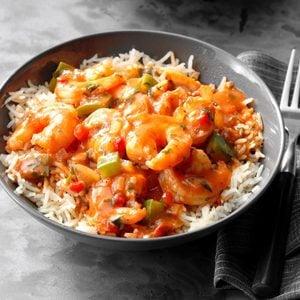 Taste of Home
Taste of Home
No one will doubt that "light" cooking can be tasty when you put a helping of this zippy shrimp in front of them. The seafood is seasoned just right with garlic, pepper and hot sauce. — Jeannie Klugh, Lancaster, Pennsylvania
Get Recipe
Spicy Chicken and Bacon MacI've been working to perfect a creamy, spicy mac and cheese for years. After adding smoky bacon, chicken, jalapenos and spicy cheese, this is the ultimate! I use rotisserie chicken and precooked bacon when I'm pressed for time. —Sarah Gilbert, Aloha, Oregon
Spicy Touchdown ChiliFor me, football, cool weather and chili just seem to go together. Whether I’m cheering on the local team on a Friday night or enjoying a Saturday afternoon of Oklahoma Sooner football with some friends, I enjoy serving this chili on game day. —Chris Neal, Quapaw, Oklahoma
Spicy Corn KabobsCorn on the cob becomes a tangy delight when grilled, dotted with sour cream and cheese, and zinged with a splash of lime. —Leah Lenz, Los Angeles, California
Spicy Corned Beef TacosUsing leftovers in new and exciting ways is my personal cooking challenge. These fun tacos take my favorite Reuben ingredients and turn them into something totally different—and completely delicious. —Fay Moreland, Wichita Falls, Texas
Spicy Pork and Butternut Squash RaguThis recipe is a marvelously spicy combo that's perfect for cooler fall weather and satisfying after a day spent outdoors. —Monica Osterhaus, Paducah, Kentucky
Spicy Crab Salad TapasI served these at a party and everyone went wild! These delicious morsels have a crispy flaky outside filled with creamy sweet crab that has a little kick. I used scalloped-edge cookie cutters to cut my pastry, but you can use a small biscuit cutter. —Vanessa Mason, Summerdale, Alabama
Spicy Nacho BakeI made this hearty, layered southwestern casserole for a dinner meeting once, and now I'm asked to bring it every time we have a potluck. Everybody loves the beefy bean filling and crunchy, cheesy topping. —Anita Wilson, Mansfield, Ohio
Spicy Cheeseburger SoupThis creamy and spicy cheeseburger soup brings my family to the table in a hurry. I love the warming zip of cayenne, but it also tastes terrific without it if you like milder flavor. With a few simple side dishes, this soup is a full meal.
Spicy Cajun Potato SaladHere in Louisiana we have a lot of get-togethers, and if you want your dish to be chosen over all of the rest, it has to have a kick! This Cajun potato salad does the trick. —Amanda West, Sibley, Louisiana
Spicy Egg BakeThis family favorite makes a wonderful brunch dish served with muffins and fresh fruit. It's also a terrific way to use up extra taco meat. Adjust the heat by choosing a hotter or milder salsa. —Michelle Jibben, Gilbert, Arizona
Spicy Pumpkin SeedsWe look forward to fall in anticipation of making these spicy pumpkin seeds. I often put some in a decorated jar to give as a gift.
Spicy White ChiliI thought the original version of this dish was fine. But my son can't get enough spice, so I added green chiles and other seasonings until I'd created a quick and easy chili he's wild about. —Carlene Bailey, Bradenton, Florida
Spicy Grilled EggplantThis side dish goes well with any meat you might also be grilling. Thanks to the Cajun seasoning, the zesty eggplant gets more attention than an ordinary veggie. —Greg Fontenot, The Woodlands, Texas
Sweet 'n' Spicy ChickenMy husband and children love this tender chicken with its spicy sauce. Peach preserves add just a touch of sweetness, while taco seasoning and salsa give the dish some kick. —Sheri White, Higley, Arizona
Sweet & Spicy Jalapeno PoppersThere’s no faster way to get a party started than with these bacon jalapeno poppers. Make them ahead and bake just before serving. Even the those who are intolerant of hot peppers will love them. —Dawn Onuffer, Crestview, Florida
Spicy French DipIf I'm cooking for a party or family get-together, I can put this beef in the slow cooker in the morning and then concentrate on other preparations. It's a timesaver that never fails to get rave reviews. —Ginny Koeppen, Winnfield, Louisiana
Homemade Spicy Hot SauceI created this spicy recipe one day using what I had available from my garden: hot peppers, carrots, onions and garlic. The carrots make this recipe stand out. —Carolyn Wheel, Fairfax, Vermont
Spicy Turkey QuesadillasA bit of spice livens up cranberries and turkey while fat-free cream cheese rounds out the bold flavors in this easy dish. You’ll love this recipe! —Taste of Home Test Kitchen, Milwaukee, Wisconsin
Spicy Chicken NuggetsWe devour these spicy chicken nuggets at least once a week. If you want to tone down the heat, skip the chipotle pepper. —Cheryl Cook, Palmyra, Virginia
Spicy Roasted Sausage, Potatoes and PeppersI love to share my cooking, and this hearty sheet-pan dinner has built a reputation for being tasty. People have actually approached me in public to ask for the recipe. —Laurie Sledge, Brandon, Mississippi
Spicy Crab SaladMy creamy crab salad gets a boost of heat from Sriracha and a tangy touch from lime. It’s ready fast, leaving me more time with guests. —Patti Lavell, Islamorada, Florida
Spicy Chicken and RiceAs a working mom with two kids, I have little time to prepare something hearty during the week. This recipe is easily tossed together in the morning and fabulous to come home to at night. Both of my picky eaters love it! —Jessica Costello, Westminster, Massachusetts
Spicy Sweet Potato Chips & Cilantro DipThis irresistible combo could become your new signature snack food. Park the spicy baked chips next to a bowl of the cool, creamy dip and let the gang have at it. What a fantastic twist on traditional chips and dip! —Elizabeth Godecke, Chicago, Illinois
Spicy Tomato Pork ChopsSimmered in tomato sauce, these pork chops are big at our house. I add garlic powder and Creole or Cajun seasoning before browning the chops to give them extra punch. —Holly Neuharth, Mesa, Arizona
Spicy Veggie Pasta BakeMy dad cooked with cast-iron skillets, so when I do, I remember his amazing culinary skills. I keep the tradition going with my veggie pasta. —Sonya Goergen, Moorhead, Minnesota
Spicy Peach-Glazed Grilled ChickenSimple chicken on the grill can’t compare with this wake-up-the-taste-buds version. It has just the right mix of spicy and sweet flavors. —Karen Sparks, Glendora, California
Spicy Beef & Pepper Stir-FryThink of this stir-fry as your chance to play with heat and spice. I balance the savory beef with coconut milk and a spritz of lime. —Joy Zacharia, Clearwater, Florida
New Orleans-Style Spicy ShrimpWe have family members who attended college in New Orleans. This shrimp captures their favorite flavors from the Big Easy, with the right touches of spice and heat. —Susan Seymour, Valatie, New York
Spicy GoulashGround cumin, chili powder and a can of Mexican diced tomatoes jazz up my goulash recipe. Even the elbow macaroni is prepared in the slow cooker. —Melissa Polk, West Lafayette, Indiana
Spicy Hash Brown Waffles with Fried EggsRefrigerated hash brown potatoes will help you make quick work of these crunchy waffles. Put out lots of toppings so everyone can design their own. —Nancy Judd, Alpine, Utah
Easy Ropa Vieja StewUse your slow cooker for this meaty Cuban classic, which offers bold flavors without a lot of hands-on time. —Denise Nyland, Panama City, Florida
Slow Cooker Sweet & Spicy Pulled PorkWhile I don't enjoy drinking beer, I love cooking with it. This quick recipe also goes great on plain hamburger buns with a side of slaw. —Renee Herrington, Plano, Texas
Spicy Lemon Chicken KabobsWhen I see Meyer lemons in the store, it must be spring. I like using them for these easy chicken kabobs, but regular grilled lemons still add the signature smoky tang. —Terri Crandall, Gardnerville, Nevada
Sausage-Stuffed JalapenosIf you like foods that pack a bit of a punch, you’ll love these jalapeno poppers filled
with sausage and cheese. This is one of my favorite recipes for parties. —Rachel Oswald, Greenville, Michigan
Jalapeno Popper Mexican Street CornOne of the best things about summer is fresh sweet corn, and this recipe is a definite standout. We love its creamy dressing, crunchy panko coating and spicy jalapeno kick. If you're really feeling wild, sprinkle these with a bit of cooked and crumbled bacon! —Crystal Schlueter, Northglenn, Colorado
Spicy Refried BeansNeed a quick appetizer? All you need is a can of refried beans, jalapeno pepper, seasonings and cheese. Serve with tortilla chips on the side for scooping. —Taste of Home Test Kitchen, Milwaukee, Wisconsin
Turkey-Jalapeno SandwichesWhen a turkey sandwich meets modern Thai, it’s a fun mix of classic and trendy food. I love it when my mixing and matching turns out so tasty. —Stacy Mullens, Gresham, Oregon
Spicy Shepherd's PieTaco seasoning adds zip to this hearty main dish. It's easy to top with instant mashed potatoes, which I stir up while browning the beef. —Mary Malchow, Neenah, Wisconsin
Sweet & Spicy PeanutsWith a caramel-like coating and a touch of heat from the hot sauce, these crunchy peanuts make a tasty anytime snack. —
Taste of Home Test Kitchen
